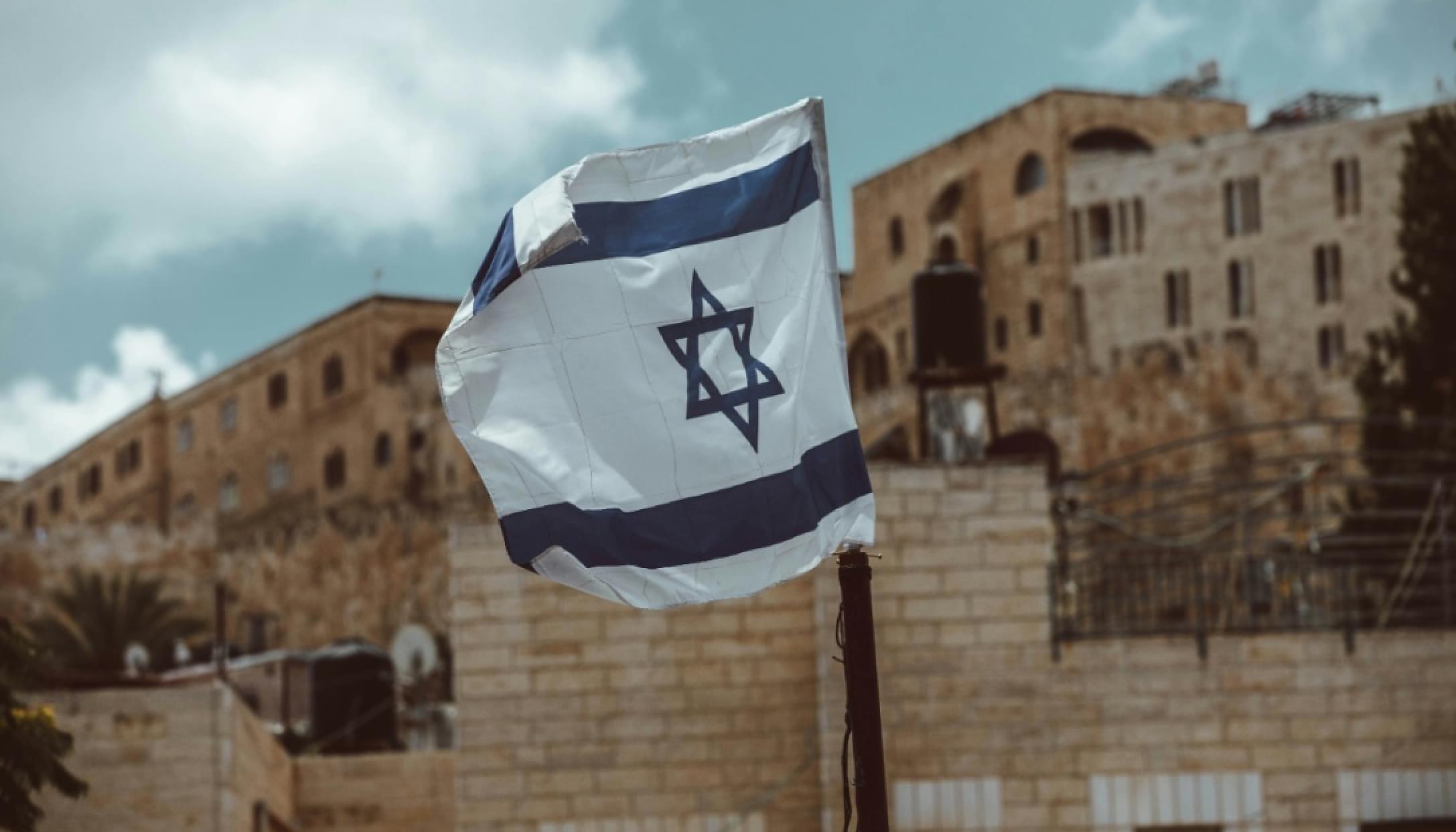Jewish Federation of Greater Dallas (JFGD) is ramping up security to keep 70,000 community members safe in the Jewish spaces they frequent most.
The efforts come on the back of a 400% spike in antisemitic incidents since Hamas rampaged through Southern Israel, killing more than 1,400 civilians and taking more than 220 hostages. Between Oct. 7-23, there were 312 reported instances of harassment, vandalism, and assault in America, with 190 of them directly linked to the war between Israel and Hamas.
“Jewish communities feel vulnerable,” said Rabbi Mordechai Harris, who serves as chief impact officer of JFGD. “Many organizations in Jewish Dallas want to ensure the safety of their congregants, students, staff, and anyone who could be impacted. We stepped up because we have the expertise.”
For weeks, Dallas police officers have been stationed inside and outside of every Jewish day school, which teaches hundreds of students between the ages of 3 months old to 18 years old. In addition, JFGD has been partnering with local and national intelligence agencies to keep tabs on potential threats and send text updates to staff.
Headline Example
Because of ongoing threats, JFGD has long provided 24/7 security via law enforcement and community partners, said Bill Humphrey, director of community security for JFGD.
He said their success rests on four pillars: establishing and maintaining relationships with law enforcement officials; sending emergency communications to residents; strengthening Jewish spaces to protect them from attacks; and preparing community members to act under threat.
These pillars have informed everyday security efforts, including communication with the Secure Community Network, the official safety and security organization of the North American Jewish community. These efforts also include a series of free trainings, such as “Run-Hide-Fight,” to prepare residents for life-threatening situations.
“Whether you’re going to work, going to school, or going to shul, security has to be at the forefront, the top priority on everybody’s agenda,” Humphrey said.
The surge in antisemitic incidents, of which 296 targeted American synagogues last year alone, have pushed observant communities to grapple with a major security dilemma: How can congregants be alerted of an attack if their phones are powered down and out of reach on Shabbat?
